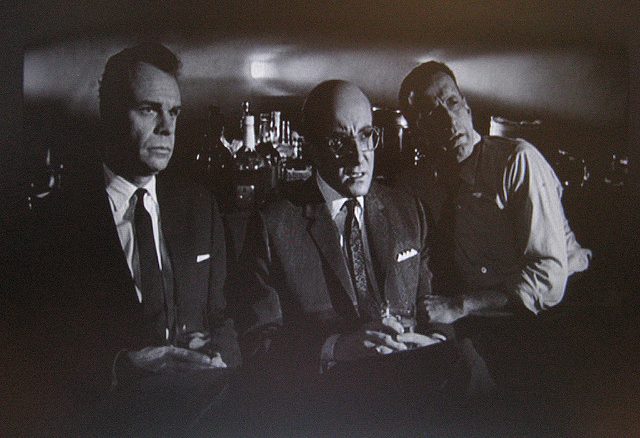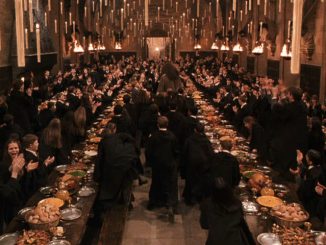
Click Here for This Week’s Readings.
“Gentlemen, you can’t fight in here! This is the War Room!”
Fans of Peter Sellers and/or Stanley Kubrick will recognize the line from the classic Cold-War comedy Dr. Strangelove, or: How I Learned to Stop Worrying and Love the Bomb. For President Merkin Muffley (Sellers), the War Room is a sanctuary. Removed from the messy realities of the outside world, it is a place to calmly and rationally work out the best possible course of action for after the inevitable nuclear annihilation of all life on Earth, without getting all upset and worked up about it.
Similarly, in our first reading, the priest Amaziah tells the prophet Amos to “never again prophesy in Bethel, for it is the king’s sanctuary and a royal temple.” As a rule, kings don’t like to be told what they’re doing wrong. But also, as a rule, prophets tend to do exactly that. They name the social, institutional, and structural sins of their society, and they speak bluntly about the dire consequences to come if these sins are not addressed. So of course the king has to create a sanctuary where he can safely hide away from difficult, challenging, and upsetting realities.
In the Gospel today, Jesus uses a different approach. Sending his disciples in a sneak-attack, flying under the radar of the kings in their safe spaces, sending the message of God’s love to anyone who will listen. God does not judge us by human standards; God cares nothing for power, wealth, or influence. Christ’s message to the world — that all have equal worth in His eyes — was a revolutionary concept, so radical that even today our leaders, as Chesterton put it, find it too difficult and leave it untried.
But this subversive preaching of love and forgiveness, of healing the sick and serving the poor, like leaven was quietly and subtly mixed into the dough of Western Civilization even as it was poised to expand itself across the globe. As the Kingdom of the World spread like a virus it carried its own antidote with it. And if government leaders continue to wall themselves off from a message of Justice and Peace, we are all called to the prophetic role of spreading that Word.
It’s said that Dr. Strangelove was originally written to be a serious political thriller, but when Kubrick read it he recognized it to be an absurdist satire. We might also see it as a cautionary tale of what happens when our kings create sanctuaries and banish the prophetic voice of Truth and reason. Either way, it’s a telling metaphor for the modern world — a world where pride and folly meet, where farce and iniquity kiss. As we go about our Christian calling of being “in the World but not of the World,” it is important that we don’t let the cares of today exile God’s Word from the sanctuary of our hearts.



